Overview
The City of Edmonton engaged Stantec Consulting Ltd. to complete a climate vulnerability and risk assessment for its building portfolio.
The project was funded in part by $80,000 in grant proceeds, provided by the Government of Alberta through the Municipal Climate Change Action Centre’s Climate Resilience Capacity Building Program.
Approach
The City of Edmonton is Alberta’s capital city, home to about a million people and a recognized world leader in climate adaptation and mitigation. Edmonton has been recognized as a climate action leader in 2023 by the Carbon Disclosure Project as one of 119 cities across the globe that is taking bold leadership on environmental action and transparency.
The Climate Vulnerability and Risk Assessment (CVRA) was completed to identify which of the City’s buildings are at an elevated risk to current and future climate related hazards and develop recommendations to be integrated into the City’s building retrofit program.
The project team completed the CVRA informed by the PIEVC Large Portfolio Assessment Manual methodology and Infrastructure Canada’s Climate Lens General Guidance as well as ISO standards for adaptation and risk management.
The project team first identified the climate hazards that tend to impact buildings in Edmonton and established the likelihood of these hazards occurring in future climate scenarios.
The team then organized City buildings into groups that share similar risks, resulting in 78 unique building archetypes across the City.
A detailed Climate Vulnerability and Risk Assessment was completed on City buildings, including an on-site assessment of 20 buildings.
Buildings were then prioritized for retrofitting based on criteria and weightings developed with the City. Adaptation measures were identified, along with a draft implementation timeline and budget estimates.
Results
The final report outlines project findings and recommendations for the City. Building-specific adaptation measures were identified for the buildings at which on-site climate risk assessments were conducted.
The assessment results found that 39% of assessed buildings are highly vulnerable and at risk to climate hazards due to their age and current conditions and require immediate action. This amounts to 343 of the 884 buildings within the City’s portfolio. Commercial and single-family residential buildings account for the largest portion of these at-risk buildings.
The project prioritized about 150 buildings based on their current condition. The results indicated that issues with building HVAC heating during extreme cold and cooling during extreme heat were the most noted climate-related impacts on building systems.
Key findings indicate that the majority the assessed buildings require upgrades, including roof replacements, lighting improvements, window and door enhancements, and improvements in parking and pavement infrastructure.
The report also includes the costs estimated to proactively adapt the entire building portfolio or the highest risks buildings, compared with the costs of inaction.
Benefits
The assessment was also driven by a dedication to equity and inclusivity and included Gender-based Plus Analysis (GBA+), a tool used to support the development of inclusive policies and programs.
The City will use Stantec’s reports to prioritize and implement building adaptation measures. These measures will ensure the buildings maintain a high level of functionality, safety, and efficiency for the community during climate-related challenges in the future, while supporting the City’s broader climate action objectives.
“Building a climate resilient city is a key priority for the City of Edmonton. This Facilities Climate Risk Assessment project represents a significant step in strengthening Edmonton’s infrastructure against the impacts of a changing climate and enhances our understanding of what vulnerabilities must be mitigated.”
Chandra Thomas, Director of Environment and Climate Resilience

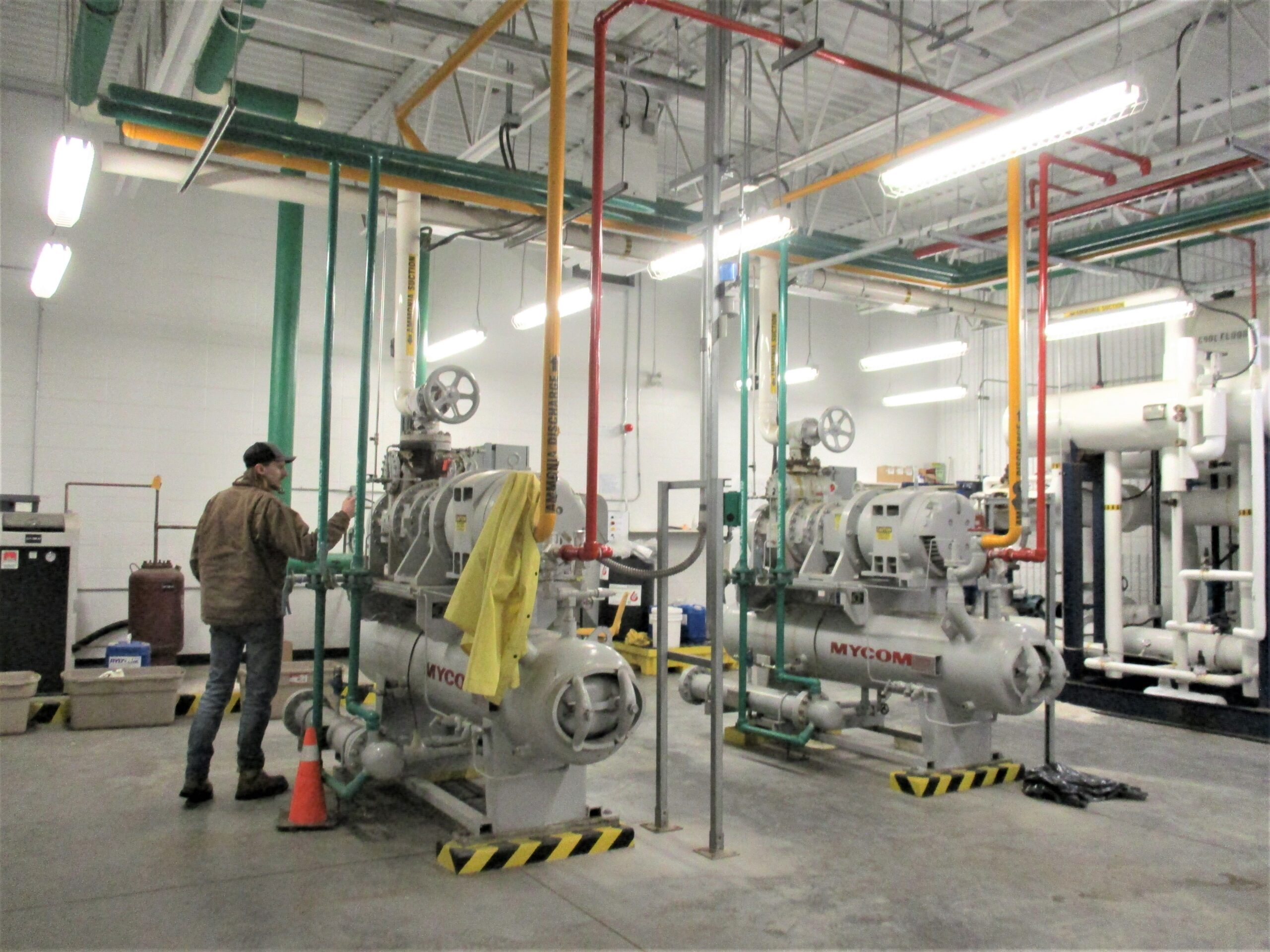
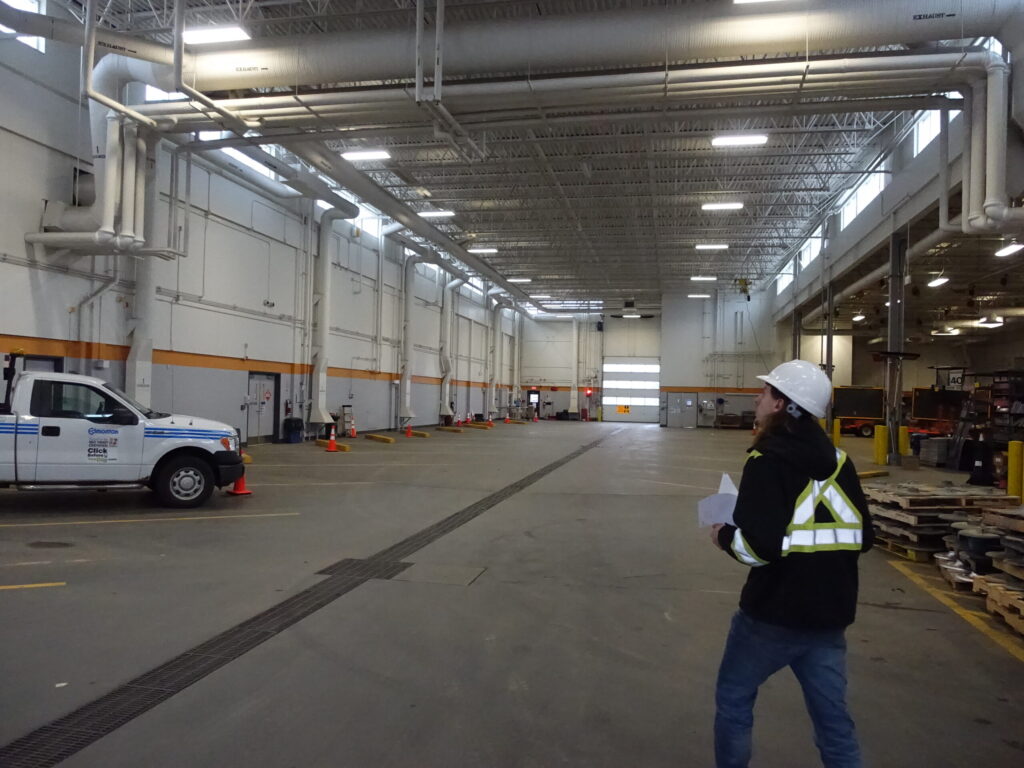
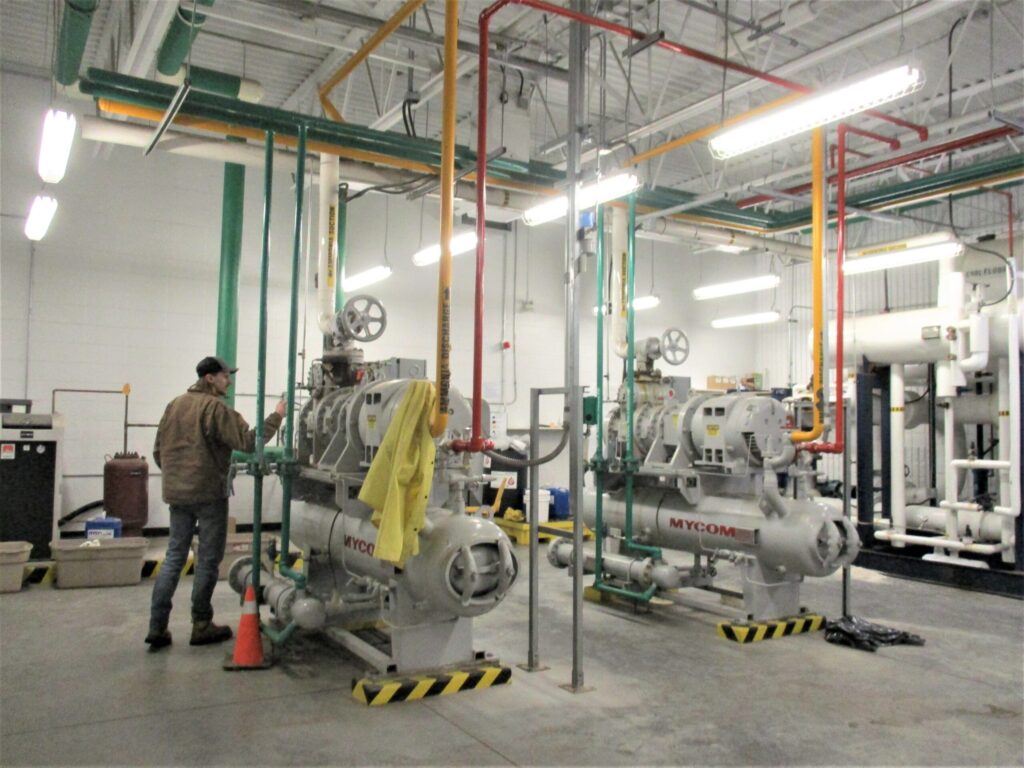
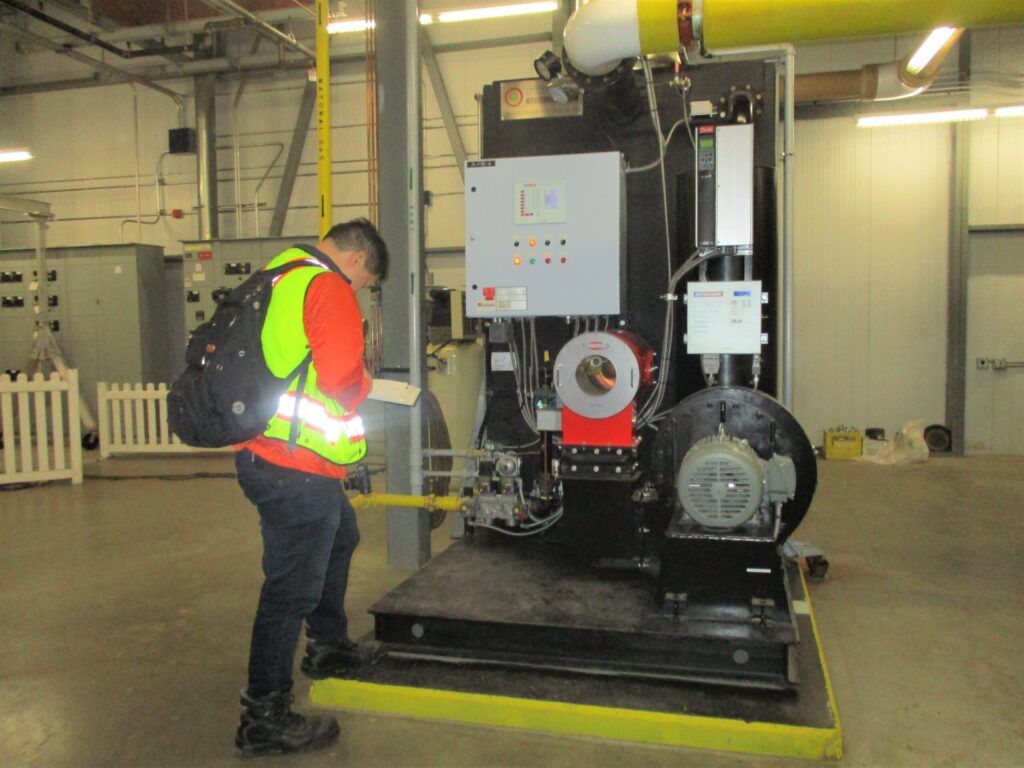
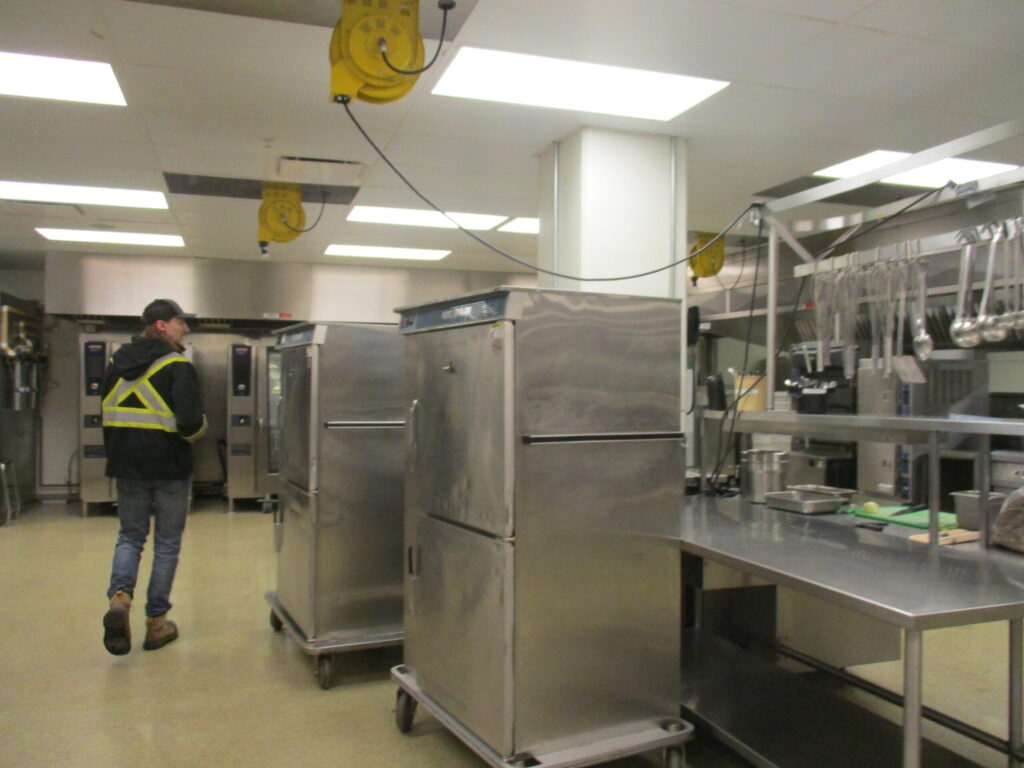

You must be logged in to post a comment.